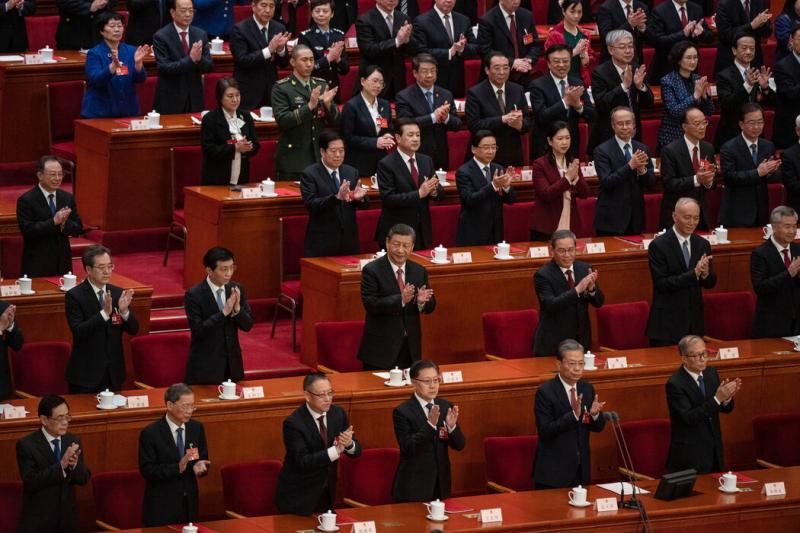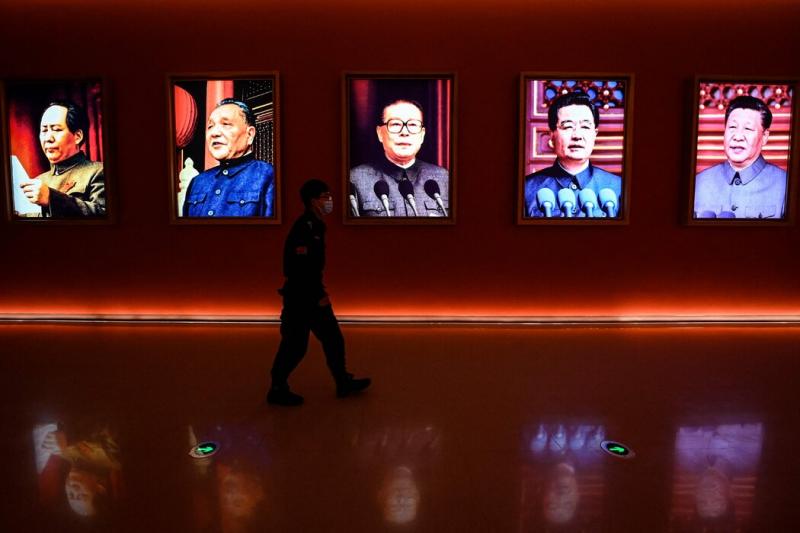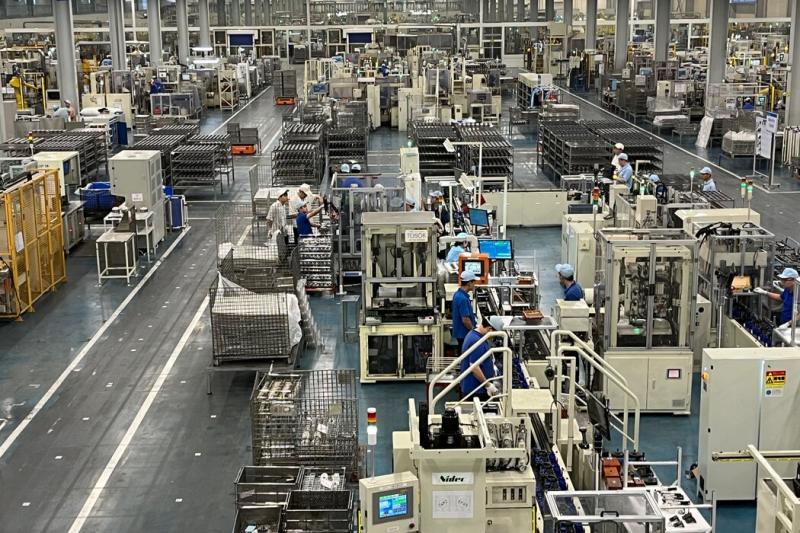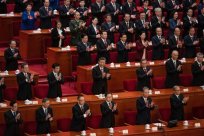
From Monday, about 370 party officials in China will hold a meeting of incompetence in Beijing to review a plan to get rid of economic difficulties in the world's second largest economy.
In front of the conference hall -the most likely place is the Beijing West Hotel, located in a 60 -year -old Soviet -style building -during a four -day meeting, the real test may be a little back.In the past, any change in policy or ideology will be filtered through the government layer.The success or failure will largely depend on the confidence of winning the majority of Chinese people and foreign investors who are watching China.
In recent years, China's economic growth has slowed down, the real estate industry has declined, and the local government debt has made the debt, which has caused enterprises and consumers to be exhausted.Foreign companies also wait and see for this market they once entered.On Monday morning, data released by the China Bureau of Statistics showed that economic growth was slowing.
"Many uncertainties have caused consumers and investors to have a low emotional," said the former World Bank Director of the World Bank of China Belt Hofman in a conversation in China held this month."It's time for China to show the hole card."
The senior management will take this leadership meeting -the so -called Third Plenary Session -as a stage for the "high -quality" growth strategy of propaganda.The Third Plenary Session refers to the third meeting of the CPC Central Committee of the CPC Central Committee. In the past, Chinese leaders like Deng Xiaoping used this meeting to stimulate people's enthusiasm for modernization goals.

There are many factories in China.China is still building more factories.
Over the past few months, the provincial governments and national ministries and commissions have been announcing how they will implement the latest economic slogans: using "new productivity" to achieve more sustainable growth.
It is implemented, which means building a factory.The finished products produced in China have accounted for nearly one -third of the world's total, but it is still further promoted.In its plan, China intends to deploy more robots and other automation methods to make up for the shortage of workers willing to work in factories.
Solar cell boards, electric vehicles and battery industries are now favored by governments in the world. They are replacing old industries with closer connection with the real estate industry, such as steel and cement manufacturing.

It is emphasizing private enterprises.How to make private entrepreneurs find confidence?
Although the enthusiasm for high -tech development is obvious, his role in foreign companies and Chinese private enterprises is ambiguous.When the Central Committee announced the goals, these companies will seek new incentives or guarantees.
Researcher Neil Thomas, a researcher at the Asian Association Policy Research Institute, said: "The real problem is, to what extent the meeting will change the balance between the country and the market." Revising the enthusiasm of the private sector may not be easy.
Since the beginning of China's economy began to slow down last year, it has been emphasizing the importance of private enterprises.However, these companies hope to get more encouragement from the party's meeting.
"This meeting can talk about providing more convenience for foreign investors and private enterprises," Thomas said."But if the company is looking forward to changing the situation very much, otherwise all this is futile."
How can Chinese consumers start consumption?
Unless China can provide more opportunities and certainty for workers and farmers, high -level hopes to have an unstable foundation on the economy based on artificial intelligence and automation.If benefits, medical insurance and pension insurance have not improved, many Chinese will still be reluctant to increase expenditure and reduce savings.
For decades, Chinese senior officials have recognized that consumption is a problem, but although China has made a lot of economic progress, including recently promoting electric vehicles, many people still have fewer income and expenditure.As a result, one of them is particularly dependent on the sales of overseas markets, which leads to a tense relationship with those countries that absorb the export volume.
A few years ago, it was announced that it would give priority to "common prosperity" -the gap between the rich and poor in China -this theme may appear again at this week's meeting.Zhang Bin, an economist of the Chinese Academy of Social Sciences reported by Zeng Ping in May, recently wrote that the government should take "promoting social justice" as the pillar of policy.
But municipal officials, especially officials in large cities, have long resisted a key measure to help balance the Chinese social environment: cancel the household registration barriers.This barrier makes it difficult for rural immigrants to settle permanently in many cities, and even urban residents are difficult to flow between cities.
Small cities have tried to relax the regulations of the household registration to attract more home buyers and young workers.These changes are just partial solutions.Medical and pension benefits and public schools are mainly the responsibility of Chinese municipal and provincial governments.The benefits provided by big cities are much more generous, and these smaller cities may not be willing to bear these costs for new immigrants.
How to repair China's fiscal channels?
It is not easy to repair the problem of fiscal pipelines.Many Chinese people buy real estate and believe that this is one of their few safety investment, and they oppose the national taxation tax nationwide.At present, the Ministry of Finance has been borrowing more money for local governments that help liabilities.Possible long -term solutions include the national government sharing more income from various taxes, and may include taxes on gasoline or tobacco.
The "big future" of change is unlikely to become a reality.
TheThe meeting will end on Thursday, and the party's leadership will issue a communique to summarize its decision.If previous meetings can be used as a reference, any detailed proposal will be announced in the next few days.
I have experienced these before.Detailed reform plans were proposed at the Third Plenary Session in 2013, but from many aspects.This time, experienced economists may be reducing expectations of major changes.
"Many people have a lot of expectations for the Third Plenary Session, hoping to have another wave of reforms and amplification," Yao Yang, a professor of economics at Peking University, said in a speech at a Chinese enterprise executive last month."I tell you, this is what you want to do."



